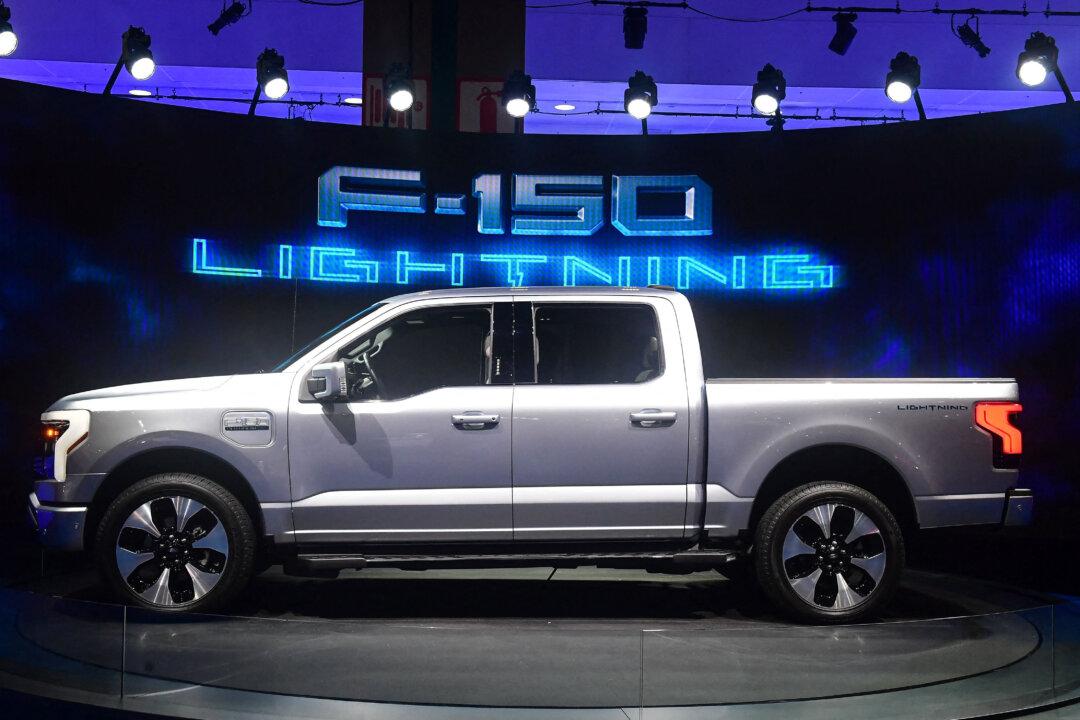Shares of automaker Ford declined by more than 8 percent after the company projected lower operating profits for 2025 and more losses in its electric vehicle (EV) division.
On Feb. 5, Ford released its 2024 financial results, in which the company said it expects 2025 adjusted earnings before interest and tax (EBIT) to be $7 billion to $8.5 billion. This is considerably lower than the $10.2 billion in adjusted EBIT the company reported for 2024. EBIT, also known as operating income, indicates the profitability of a company and is used to judge the performance of the business’s core operations.





